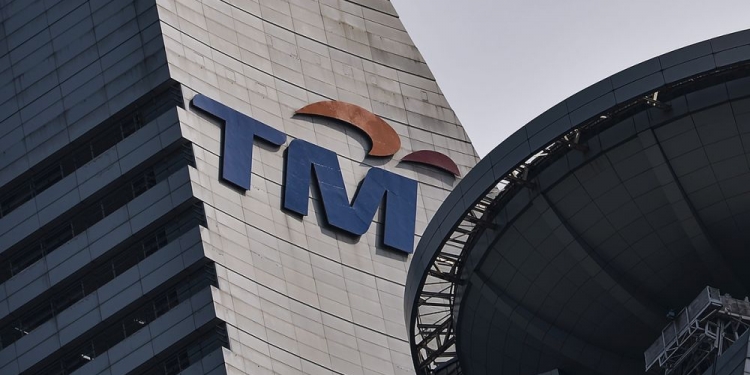If you’ve kept up to date with the recent news surrounding Telekom Malaysia’s CEO appointment situation, you’ll know that the telecommunications giant is still sailing without a captain at the wheel.
However, acting CEO Imri Mokhtar is currently at the centre of an impasse—between the MoF and Telekom Malaysia chairman, Rosli Man—regarding the potential appointment of a new group CEO.
While the Ministry of Finance recommended Imri Mokhtar as the permanent CEO of Telekom Malaysia Group, Rosli Man has reportedly stonewalled the appointment, with 3 months having gone by and no movement on this as of yet.
In a Bursa Malaysia filing on 31 May 2019, Telekom released a statement explaining that Rosli’s delay in appointing the CEO is due to a request from the Prime Minister’s Office (PMO);
“We believe that it is good corporate governance to engage key stakeholders, including the Prime Minister’s Office.”
Chronology of events
If you haven’t caught up already, here is a brief rundown of everything that’s happened so far:
- In June 2018, Datuk Seri Shazalli Ramly (former media advisor to Najib Razak) resigned from his post as CEO after the general elections in May.
- On 16 November 2018, acting CEO Datuk Bazlan Osman resigned from his post abruptly.
- On 30 November 2018, then chairman Tan Sri Dr Sulaiman Mahbob resigned.
- In November 2018, the TM board recommended Imri Mokhtar to be acting CEO.
- On 3 December 2018, current chairman Rosli Man was appointed.
- On 28 February 2019, the Ministry of Finance gave their approval for Imri to be appointed as the new CEO. (Source: The Edge)
- In March 2019, Rosli Man informed the Telekom board that the PMO has requested a deferment on the permanent CEO appointment.
- On 31 May 2019, Telekom Malaysia released a statement explaining the delay.
- On 1 June 2019, Finance Minister Lim Guan Eng stated during a press conference that the appointments of Rosli and Imri were made based on a directive by the Prime Minister, with no orders for any change given yet.
At its latest Annual General Meeting, TM shareholders were told by the chairman that no decision has been made, while Rosli avoided questions from the media on any potential appointments. However, The Edge reports that Rosli is likely to lean towards naming his own appointee for the top job.
Potential candidates

But who can we expect to take up the potential job? According to The Star, possible candidates for Rosli to consider include Burhanuddin Yusof (formerly of Axiata), Noor Kamarul Anuar Nuruddin (former CTO of Celcom), and Dr Farid Mohamad Sani (former CSO of TM and current TM director representing Khazanah Nasional Bhd’s interest).
However, whether Imri gets the job over the other reported candidates is still very much in the air—but a calculated guess would be that Rosli opts for a candidate that he is familiar with, with sources telling The Star that Rosli’s move to initiate several forensic audits proved to be unpopular with senior executives over at TM.
Sources further explained that former senior figures in the TM hierarchy are also backing the current management to replace Rosli as current chairman. Is this as a result of the standoff surrounding the appointment of Imri? Perhaps.
What we do know at this point in time is that the company has issued a statement explaining that the appointment needs to go through due process with the controlling shareholders and the board—including special shareholder, the Ministry of Finance.
Currently, the government’s position on the matter is that Rosli Man and Imri Mokhtar will both continue in their respective roles with TM, with Finance Minister Lim Guan Eng revealing that the initial directive to appoint them came from the Prime Minister himself.
“Up till now, I have not received any order from the PM to change either the chairman or the CEO,”
“Any request or demand from second or third sources are invalid, and would not be recognised by the MoF,” he added.
As of the end of May 2019, TM‘s share price is up 4.34% to RM3.61 (RM3.51 at time of writing), with a market capitalisation of RM13.56 billion as a result of 64.05 million shares being transacted.
Editor’s Note: This article has been updated to include a response from Finance Minister, Lim Guan Eng, as reported by The Star.








